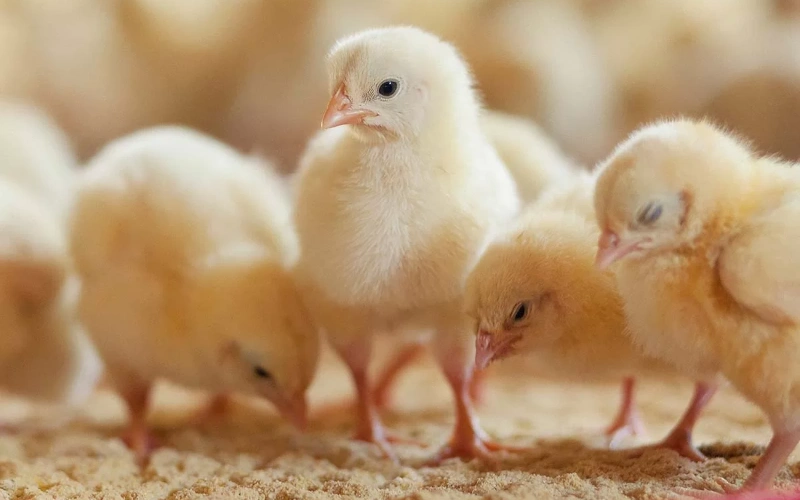How to Raise 2 Week Old Chicks and 4 Week Old Chicks
Time : 2024-05-22
Raising chicks can be a challenging but rewarding experience for farmers. Whether you’re a seasoned poultry farmer or just starting out, caring for chicks requires attention to detail and a commitment to their well-being. In this article, we’ll explore the different stages of chick development, with a focus on chicks that are 2 weeks old, 4 weeks old, and beyond.
2 Week Old Chicks
At 2 weeks old, chicks are still very young and require careful attention to ensure their growth and development. During this stage, chicks need to be kept warm and dry, with a temperature of around 90°F. It’s important to provide them with a clean and comfortable living space, such as a brooder, with adequate ventilation and space to move around.
Feeding is also critical during this stage. Chicks should be fed a high-quality chick starter feed that is high in protein and essential nutrients. They should have access to water at all times, either through a chick waterer or a shallow dish. It’s important to monitor their water intake to ensure they are staying hydrated.
In addition to feeding and housing, chicks at this stage require regular health checks to ensure they are growing and thriving. It’s important to watch for signs of illness, such as lethargy, diarrhea, or respiratory issues, and seek veterinary care if necessary.

4 Week Old Chicks
By the time chicks reach 4 weeks old, they have grown significantly and are starting to develop their adult feathers. At this stage, it’s important to continue providing them with a clean and comfortable living space, but the temperature can be gradually reduced to around 80°F. They should still have access to a high-quality chick starter feed, but it can be gradually replaced with a grower feed that is lower in protein.
Chicks at this stage also benefit from socialization and exercise. It’s important to provide them with space to move around and interact with each other, as this helps them develop social skills and promotes healthy growth. They can also be introduced to outdoor spaces, such as a chicken run, under close supervision.
As with any stage of chick development, regular health checks are essential at 4 weeks old. It’s important to watch for signs of illness and to take preventative measures, such as vaccinating against common diseases.
Beyond 4 Weeks
As chicks continue to grow and develop, their needs will change. By the time they reach 6-8 weeks old, they can be transitioned to a layer feed that is specifically designed for egg-laying chickens. They will also require a larger living space, such as a chicken coop, with access to outdoor areas for exercise and foraging.
Regular health checks and preventative care are still important at this stage, as chickens can be susceptible to a range of diseases and health issues. It’s also important to monitor their egg production and to provide them with adequate nutrition and care to ensure their continued health and productivity.
In conclusion, raising healthy chicks requires careful attention and dedication to their well-being at every stage of development. By providing them with a clean and comfortable living space, high-quality feed, and regular health checks, farmers can ensure that their chicks grow into healthy and productive members of their flock.











